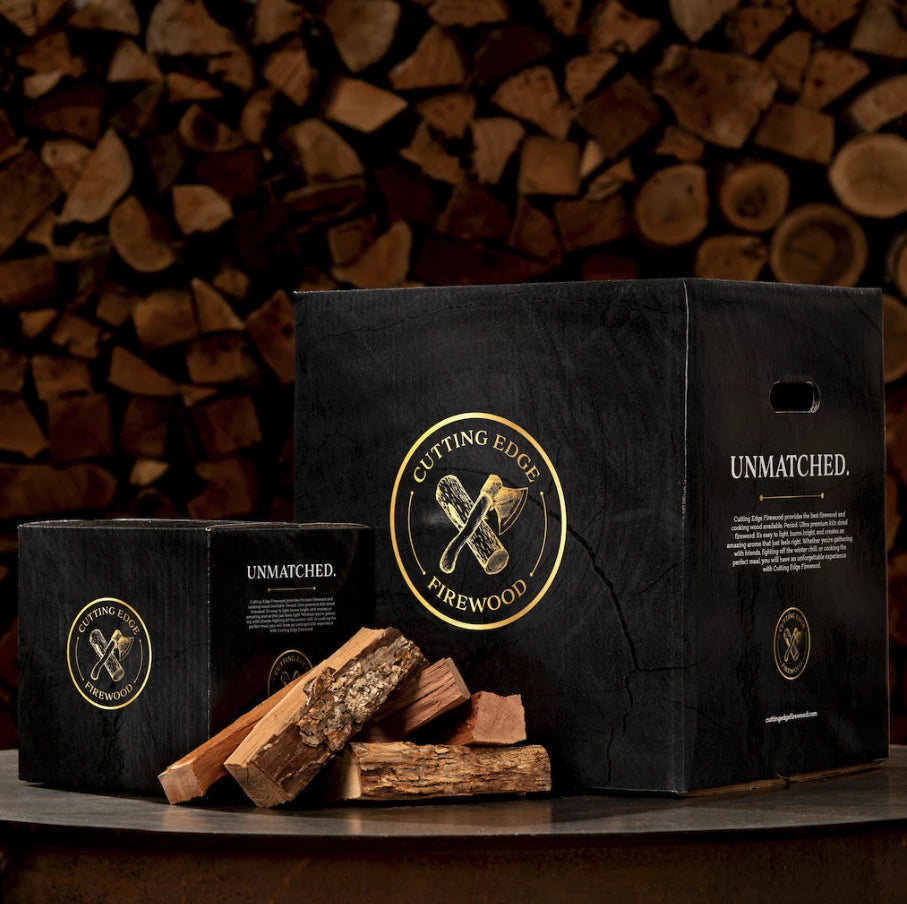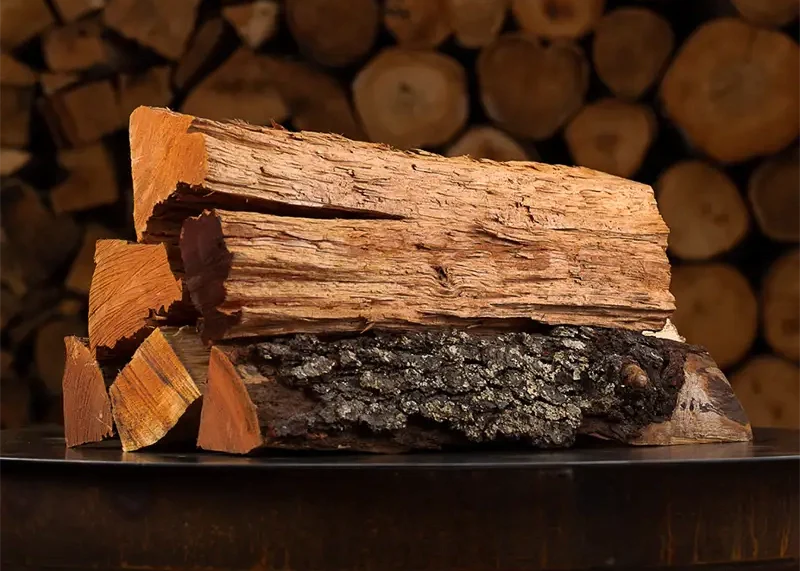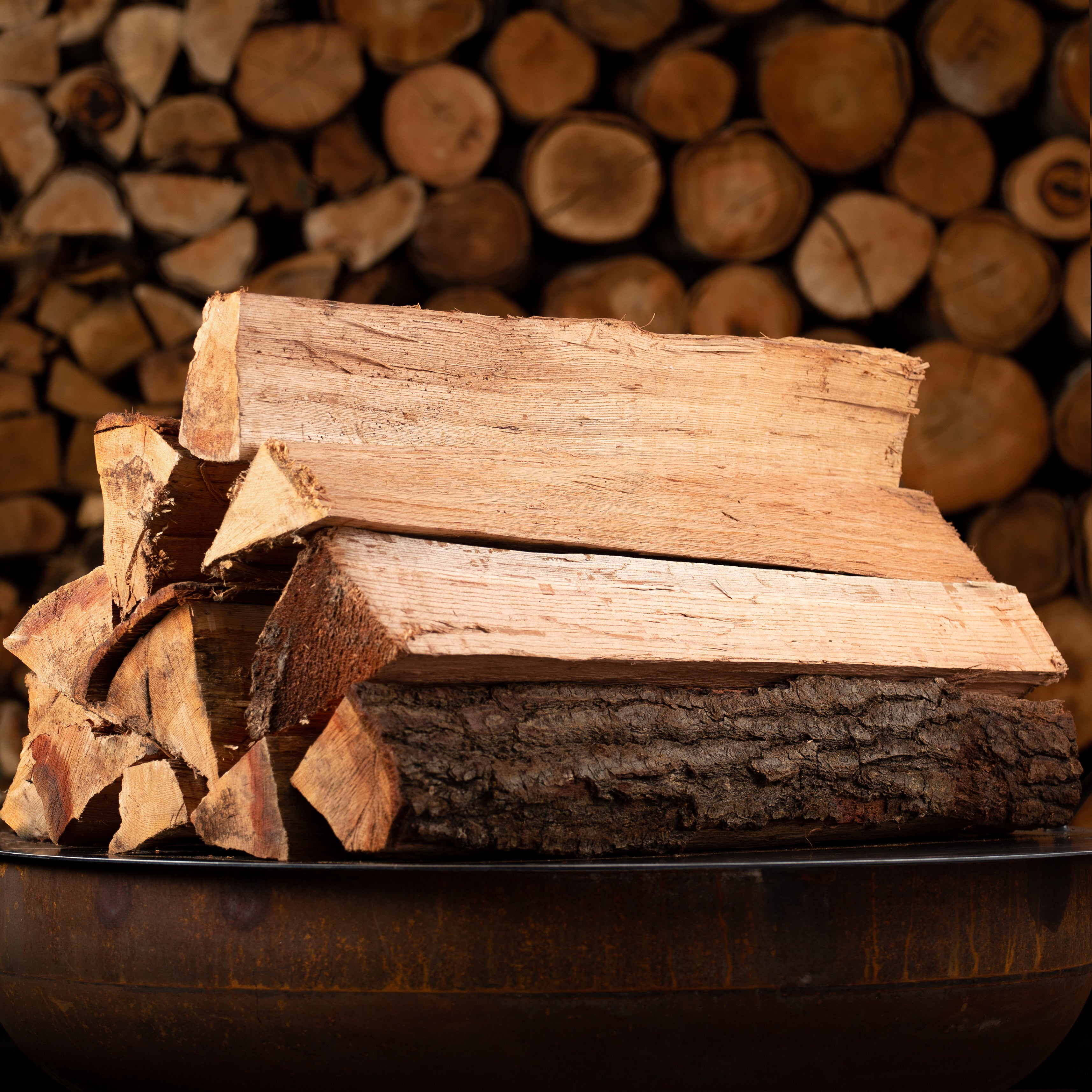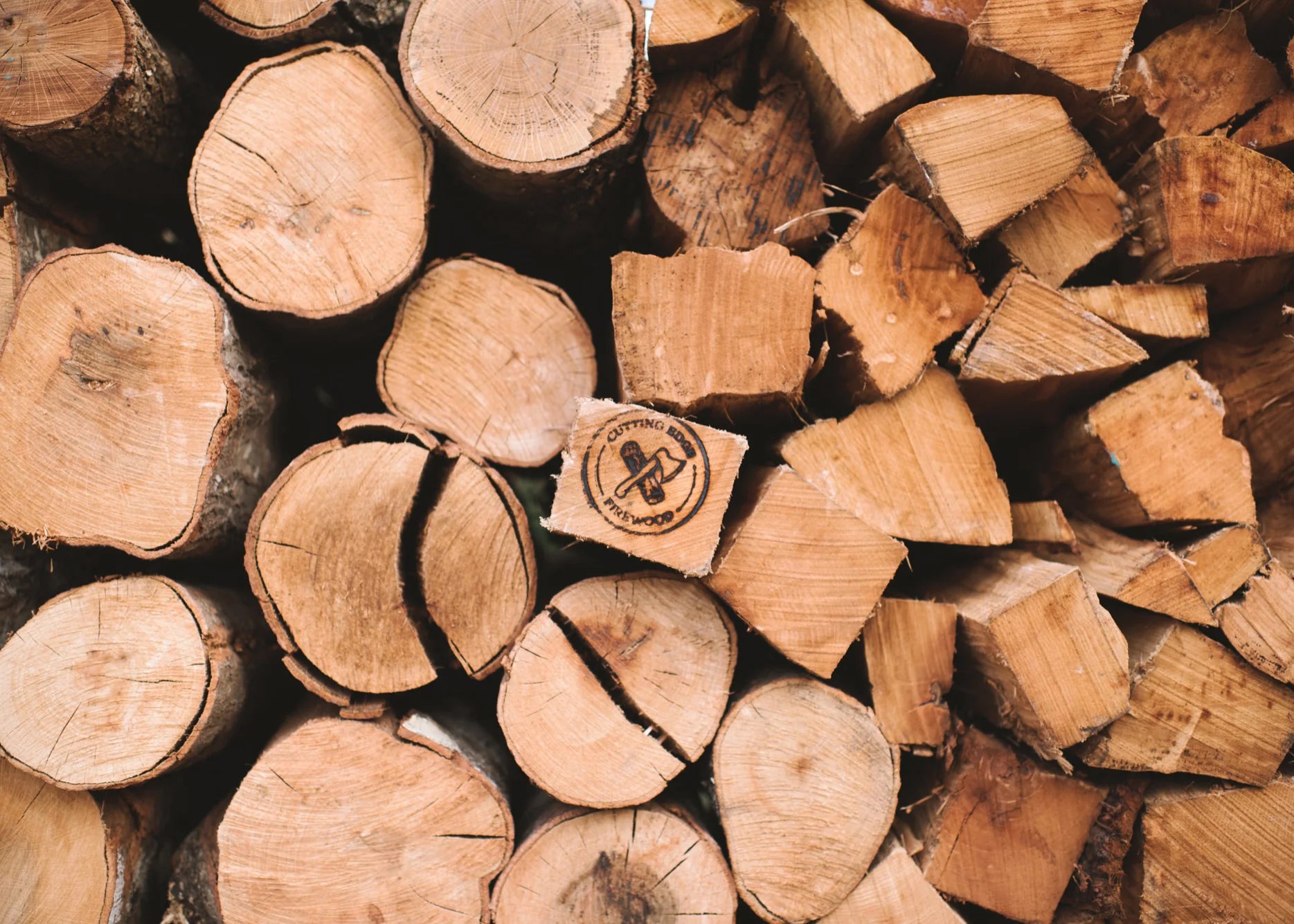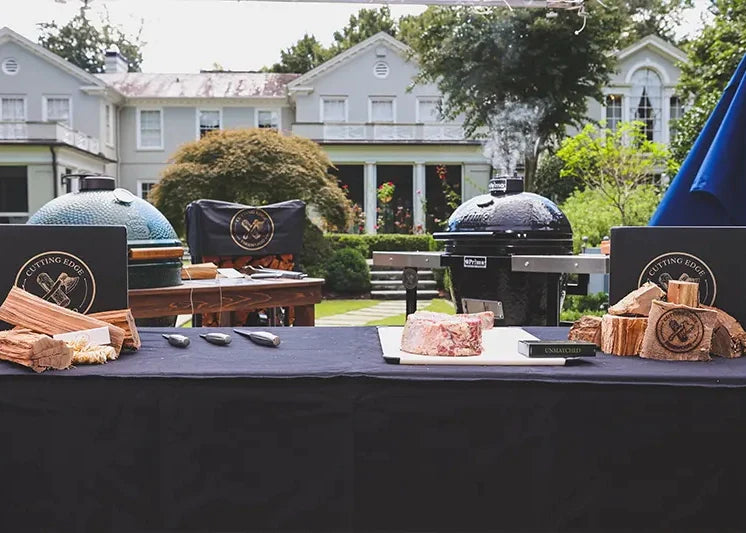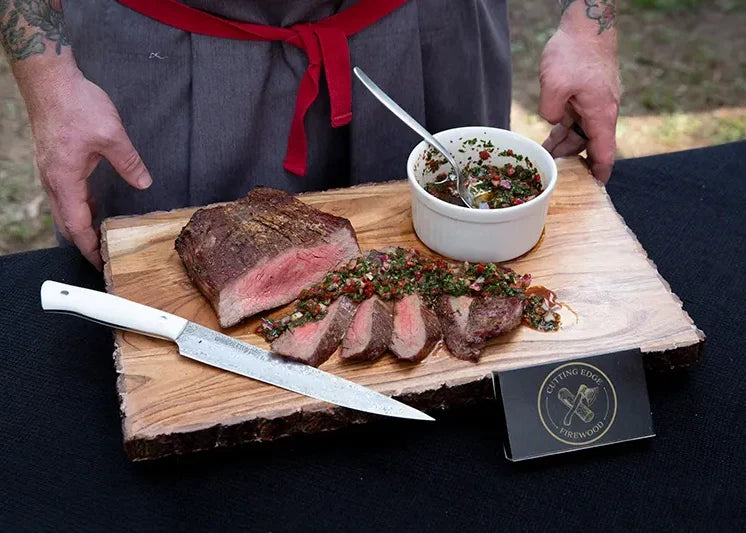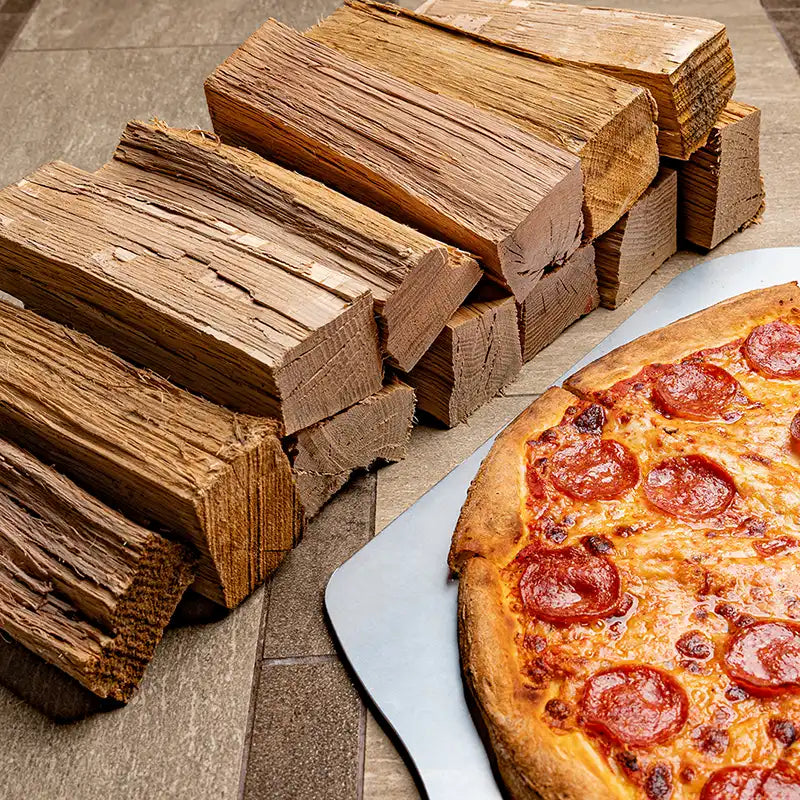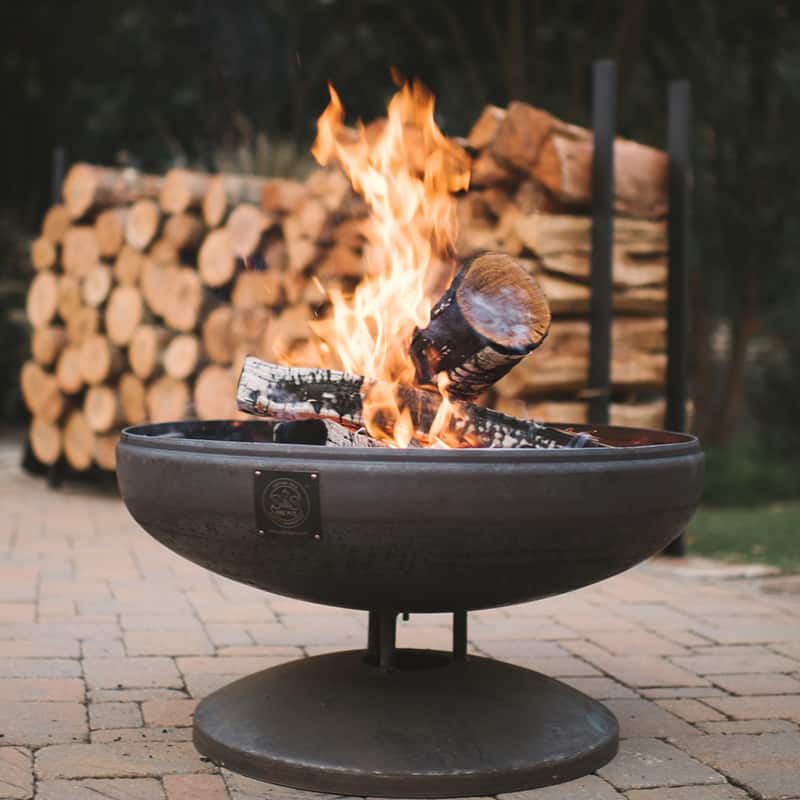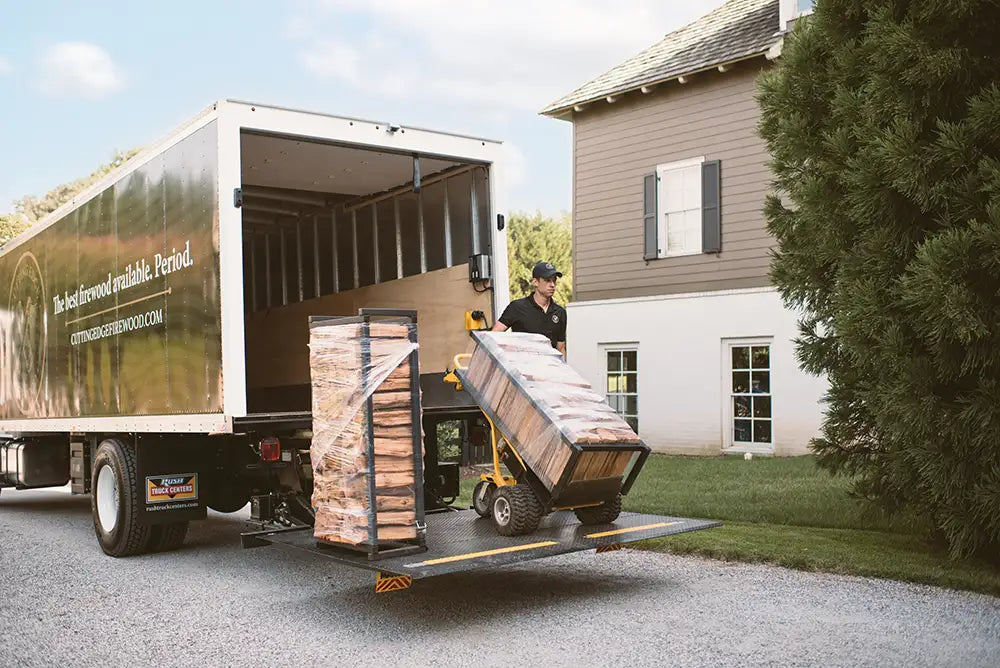Because they are typically stored outdoors, grills and smokers are susceptible to rusting. It may not happen overnight, but if you leave your grill or smoker outside for long enough, it may eventually rust. It's frustrating when you discover rust eating through your grill or smoker. Not only does rust affect the aesthetics of your grill or smoker; it affects the performance and structural integrity of your outdoor cooking device. The good news, however, is that you can often prevent rusting by following a few simple steps.
What Causes a Grill or Smoker to Rust?
To protect your grill or smoker from rusting, you must understand what causes this phenomenon in the first place. Rust is essentially an iron oxide that's created when iron -- or metal alloys containing iron -- oxidize from exposure to moisture and oxygen. Any unprotected iron object will develop rust if it's exposed to moisture and oxygen. Iron undergoes a chemical change in the presence of these two elements, resulting in the formation of iron oxide that features a characteristically reddish brown color.
Choose a Non-Metal Grill or Smoker
If your grill or smoker isn't made of iron or a metal containing iron, it won't rust. When shopping for a grill or smoker, you'll probably find that most are made of metal. Grills and smokers typically aren't made entirely of iron. Rather, they are often made steel, which contains small amounts of iron and, therefore, may rust. Other grills and smokers, including Primo models, are made of ceramic, so they are naturally protected against rusting. By choosing a grill or smoker made of ceramic or any other non-metal material, you can rest assured knowing it won't rust.
And if you decide to purchase a metal grill or smoker, consider the type of metal from which it's made and its susceptibility to rusting. You should obviously avoid iron grills (the grate can be made of iron but not the grill itself). Instead, choose either an aluminum or stainless steel grill or smoker. Aluminum doesn't contain any iron, so it doesn't rust. Stainless steel, while it contains iron, features a protective layer of chromium that prevents moisture and oxygen from reaching the inner iron.

Keep Your Grill or Smoker Covered
Even if your grill or smoker is made of an iron-based metal like steel, though, you can protect it from rusting by keeping it covered. When left outdoors without some form of coverage, your grill or smoker will be exposed to the elements. As rain and humidity accumulate on your grill or smoker, it encourages rust to form.
You can't control the weather, but you can cover your grill or smoker so that it's not exposed to rain or the elements. Ideally, you should place your grill or smoker underneath a roof or canopy. If this isn't an option, though, you can purchase a cover accessory. After your grill or smoker has cooled off, place the tarp-like cover over it. Cover accessories are made of a waterproof synthetic material, so they'll keep your grill or smoker dry even when left outdoors for long periods.
Clean Your Grill or Smoker Each Time You Use It
If you're guilty of rarely or never cleaning your grill or smoker, you can expect it to rust more quickly. Debris and grime caked on your grill will accumulate water, which triggers the oxidation process and causes your grill or smoker to rust.
To protect your grill or smoker from rusting, you must keep it clean. Each time you use your grill, preferably after using it, give it a thorough cleaning. You can check out this previous blog post for some helpful tips on how to clean your grill or smoker.
Oil the Grate Before Adding Your Food
Along with cleaning your grill or smoker, try to get into the habit of oiling the grate. Grill and smoker grates are often one of the first parts to rust. As previously mentioned, they are usually made of iron, which is the metal responsible for rust. You can protect your grill's or smoker's grate from rusting, however, by oiling it. Just light your charcoal or cooking wood, and once your grill or smoker has reached a desirable temperature, carefully brush a small amount of oil over the grate.
Don't use just any oil on your grate. To ensure it doesn't burn and evaporate too quickly, choose an oil with a high smoke point, such as canola oil, avocado oil, sunflower oil or peanut oil. With a high smoke point, these oils offer a greater level of protection against rusting than other oils with a lower smoke point.
Find the best deals on premium smoking chunks by visiting our online store today. Cutting Edge Firewood offers a variety of high-quality smoking chunks, including white oak, hickory, cherry, pecan and whiskey, all of which will allow you to smoke delicious meat.

